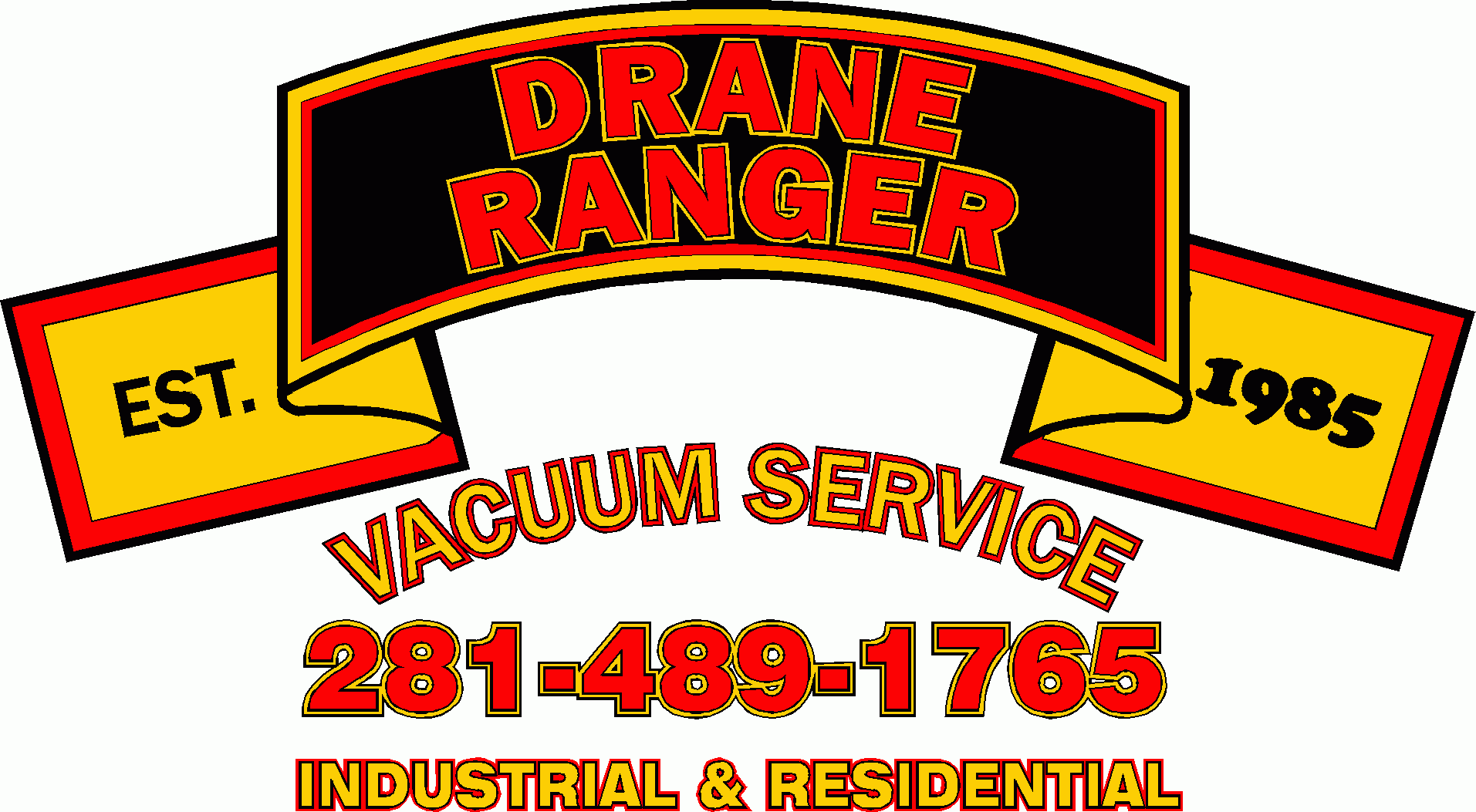Septic tanks are common in rural areas wherein a property may not be connected to a sewerage system. They are simple wastewater removal systems that require regular attention to avoid system failure. Keeping up with your septic tank maintenance will help you avoid costly repairs and ensure a smooth operation.
How it Works
Your property’s septic tank works to move wastewater from the household to be treated and disposed of, commonly in a septic drain field (also known as a leach field). Prior to designating land to be a drain field, a percolation test measures the water absorption rate of soil to determine if the area is suited for the job. Wastewater enters the septic tank chamber where solids settle and scum floats. The solids are then digested by bacteria while liquids pass through a dividing wall to a second chamber for another round of settling. The excess liquid then moves on the septic field for further processing in the soil. The process is a simple one, but it can run amok if septic tank maintenance is not a regular practice.
Your septic tank moves a lot of waste for treatment, and unfortunately, sludge accumulates faster than the rate of decomposition. The build-up must be removed, which is often done with a vacuum truck. If the build-up is not taken care of, the septic tank fills and undecomposed material spills into the septic field, wreaking havoc on the environment. The sludge can also clog leach field piping and negatively impact the soil – this translates to a big price tag for repairs. Regular septic tank maintenance will prevent backed-up septic systems and save you from costly repairs.
Maintenance and Prevention
Poorly maintained septic tanks are susceptible to costly system failure. Regular septic tank maintenance is vital to an efficient wastewater system on any property, whether a single home with one septic tank or an industrial park with multiple. It is recommended septic tanks are checked at least once a year to avoid build-up and overflow. Professional septic tank services will help you maintain your septic tank and safely dispose of waste material.
Septic tank maintenance falls on the shoulders of the home or property owner. While professional services are often needed for cleaning and emptying, there are measures you can take to avoid costly repairs.
1. Avoid dumping cooking oil down the drain. A better alternative is storing cooking oil and grease in a container and dispose of once hardened. Cooking pans with excess oil should be washed with hot water and soap in the sink to help greasy material get through the drain smoothly.
2. Take care of what you flush. Using toilets for the disposal of other materials such as cigarette butts, menstrual hygiene products, cotton buds, and food waste can overload the system.
3. Watch out for chemicals down the drain. Pesticides and herbicides can kill the bacteria in your septic system responsible for the waste breakdown.
Properly designed and maintained septic systems are odor-free with a multi-decade life expectancy. If your septic tank is starting to stink up your property, it is likely overdue for a check-up. Check your septic tank regularly and be on the lookout for surfacing sewage, wet spots, gurgling sounds in the plumbing system, and slow drainage. Staying on top of septic tank maintenance will keep your property running smoothly and odor-free.
